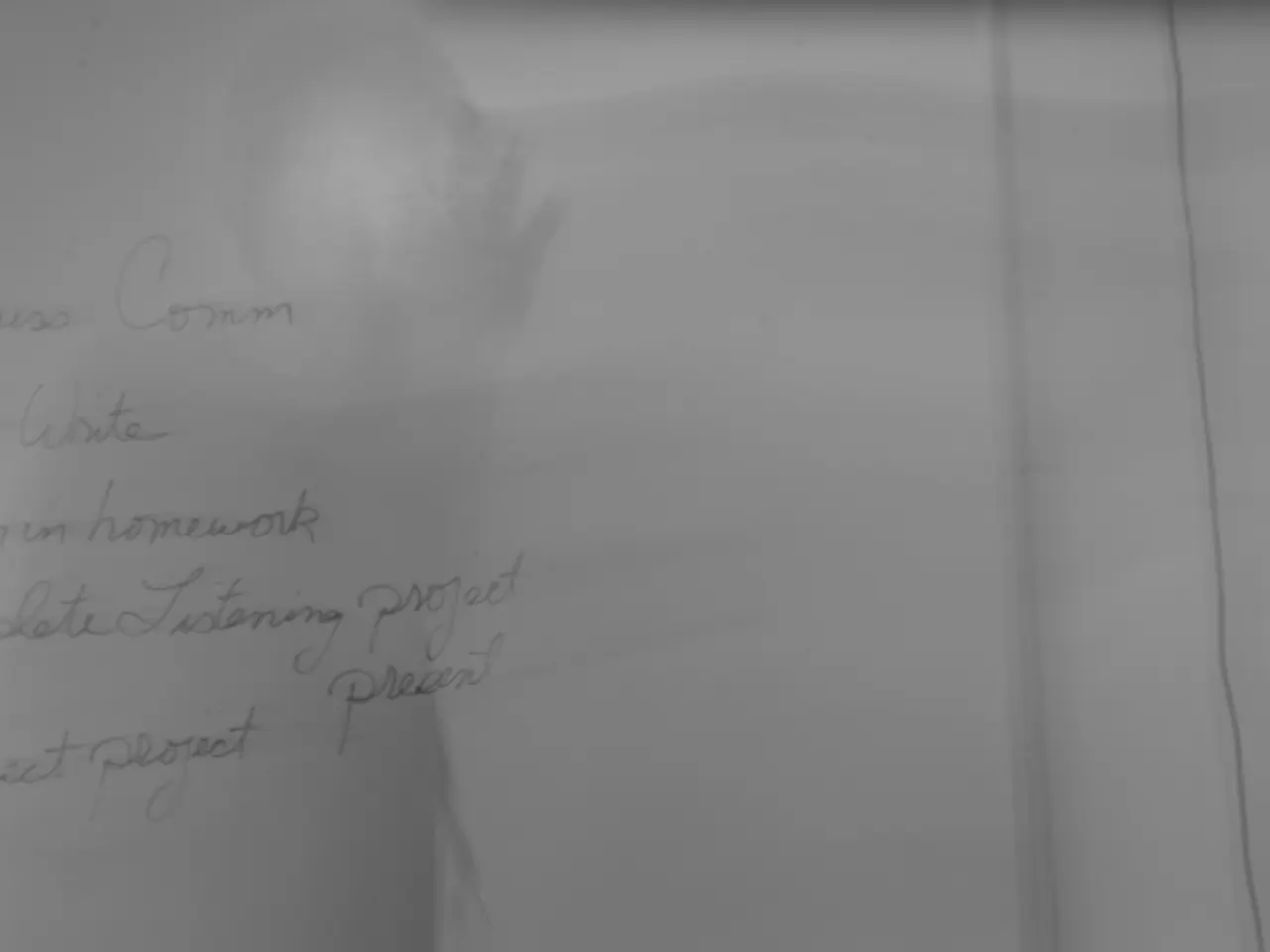Germany's chemical sector remains hopeful - "Reduced electric tax boosts industry optimism"
The German chemical industry is experiencing a moderate boost in optimism due to the selective reduction in electricity tax, but the sector continues to grapple with high energy costs, the challenge of decarbonization, trade uncertainties, and incomplete government support, all of which temper optimism about near-term recovery and growth.
The reduction in power tax, originally 2.05 cents per kilowatt hour, has been lowered to the European minimum of 0.05 cents from 2024 for sectors such as agriculture, forestry, and manufacturing. This move is intended to ease financial pressures on key sectors but has drawn criticism for breaching coalition promises and for not sufficiently lowering the high electricity costs that Germany faces.
While the relief is not limited to a specific duration and is retroactive, applying from the start of 2024, it does not extend to the energy-intensive chemical industry. Consequently, the industry continues to bear the brunt of high electricity prices, which remain a significant concern, especially amid geopolitical tensions that may affect supply and prices.
The high energy costs, coupled with the industry's transition to climate-neutral production, add complexity and cost. Investments in renewable energy and hydrogen-based processes are underway, but the energy transition poses additional challenges.
Moreover, potential tariff escalations and overcapacity in sectors linked to chemicals pose risks to exports and margins, putting additional pressure on industrial performance. The US trade protection policy, high location costs, and geopolitical uncertainties further hinder the economic recovery of Germany's chemical industry.
Despite these challenges, some companies in the chemical industry are benefiting from falling raw material costs and initial signs of a pickup in international demand. Business expectations for the coming months have increased to +9.5 points, indicating a positive outlook. However, many companies are planning to reduce production and cut jobs, a sign of the ongoing struggles within the sector.
The current situation is still assessed very negatively at -25.7 points, and the order backlog in the chemical industry is still extremely low. However, the sentiment in Germany's energy-intensive chemical industry improved significantly in June, with the business climate index for the chemical industry rising to -8.9 points from -16.2 points in May.
Ifo industry expert Anna Wolf stated that state investments decided by the federal government are urgently needed impulses. The German government's decision to invest billions in infrastructure and military upgrading may provide some relief, but the industry's challenges remain daunting.
In conclusion, while the selective reduction in electricity tax has provided some relief and bolstered optimism in certain parts of the German chemical industry, the sector continues to face high energy costs, the challenge of decarbonization, trade uncertainties, and incomplete government support, all of which temper optimism about near-term recovery and growth.
- To alleviate the pressing financial concerns, the chemical industry suggests the implementation of a community policy that focuses on vocational training, especially in areas of energy efficiency and green technologies, which could help reduce high energy costs and aid in the industry's transition to climate-neutral production.
- In light of the ongoing struggles in the energy-intensive chemical industry, innovative business models could be explored that reevaluate the industry's financial strategy, focusing on cost-effective energy solutions, maximizing profitability, and securing necessary investments in vocational training and renewable energy.




